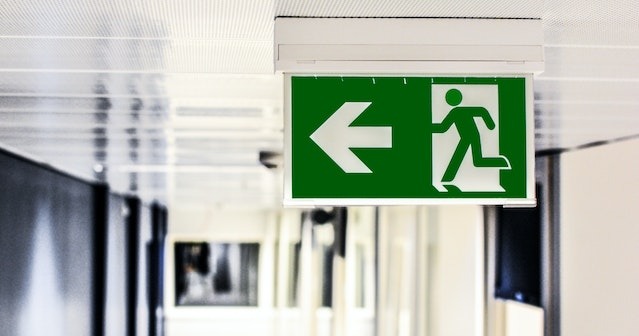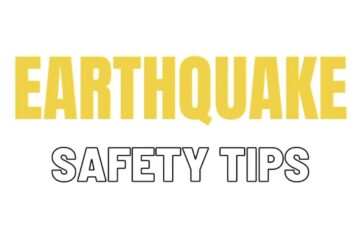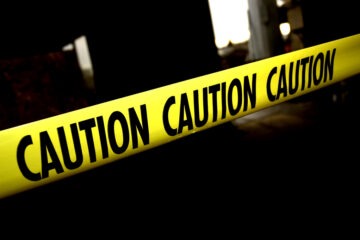Disclaimer: The below is a rough emergency preparedness guide to mitigate risks. These tips are only given for help, they do not supersede your local, governmental, institutional, or emergency teams’ guidelines. We hold no liability in case of use.
Be Ready
- Have enough water / food at hand to feed everyone for a couple of days
- Update necessary supplies (first aid, chronic medicine needs etc)
- Have enough extinguishers and first aid kits at hand throughout the facility
- Provide easy access to emergency numbers (hang them where everyone can see, put them in public view, or somewhere easily accessible)
- Make sure communication means are available for all
- Have important things packed and ready for urgent evacuation
- Divide roles and responsibilities in advance
- For schools / universities / hospitals: Have an easy / quick way to alert all guardians at once
- For places with large gatherings: have an easy way to alert everyone present (central phone, announcement speakers, alarm sirens etc)
- Identify the best evacuation route
- Identify the best shelter place within home/work or facility
- Practice drills
Educate people / and especially children, in case of explosion or risk of bombing
- To take cover under desks / tables or other hard structures
- Seek shelter until the initial effect subsides
- Avoid radio communication, in case of the possible presence of a detonable bomb
In Case of Eminent Threat
- Remain informed
- Close gas valves (if getting near them is safe)
- Keep away from gas / pressurized containers
- Crack windows open (if getting near them is safe)
- Keep away from glass windows
- Switch electricity circuit breakers off
- Depending on the type of threat, places with large gatherings might need to be evacuated/closed
- In case of perceived threat, where evacuation can be helpful (for example: fire, gaz leakage, threat of building collapsing, etc), educate people to:
- In case of evacuation, not to return to the evacuated area
- Sound or activate the fire alarm (break glass, or manual call point)
- Keep clear of affected zone, unless you are helping
- Not to use elevators
In Case of Incident
- To avoid network paralysis, try not to use wired/ wireless communication, use text messaging instead
- Do not assume authorities have been notified (Red Cross, fire fighters, police etc), do so if needed
- Do not head to the affected zone out of curiosity, only be present if you can help
| Service | Number |
| Police | 112 |
| Fire | 175 |
| Red Cross | 140 |





0 Comments